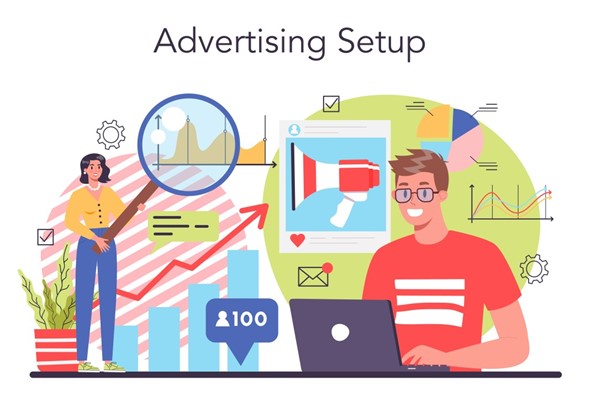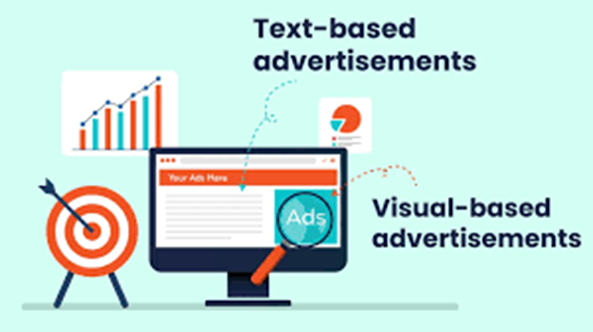


31
Oct
As in any industry, it is not only necessary to throw money at the problem in the digital advertising world. Despite the fact that big brands are likely to have abundant resources to invest in their marketing campaigns, small businesses are capable of making large social impressions under the influence of visual marketing. Due to the increased technological advancements, it is possible for small businesses to use visual storytelling to compete with large firms. In this blog, we will discuss how creative visuals in ads can make smaller business marketing strategies more competitive and why visually appealing digital ads are crucial for grabbing customer attention.
The population of today’s world is surrounded by ads due to the constantly developing digital environment. While it is possible to focus just on the product or service being advertised, what makes the advert catchy is the narrative. This is where visual storytelling in marketing comes in handy. Prominent images, videos, and infographics are excellent ways for small businesses to relate their brand’s message and ethos to the audience.

Emotional appeal in advertisements is important because it builds a bridge between the brand and the consumer. Consumers are more likely to recall an advert that elicits an emotion; happiness, inspiration, or even nostalgia. This way, small businesses focusing on developing branding through visuals can evoke these feelings, fostering a loyal customer base even when they cannot afford to spend millions on ads like the large brands.

While large brands can participate in massive campaigns across the country and engage the best marketing agencies, small businesses require budget-friendly digital ads to stand out. What it calls for is being tactical and innovative. The key takeaway for small businesses is that it is better to appeal to a select group of people than to the general public. This specificity allows small businesses to develop ad design strategies that resonate with the audience's needs and wants.
Another advantage for small businesses is flexibility. While big businesses may require several approvals for each campaign, small businesses can easily make changes, respond to customers, and adjust their visual communication strategies as needed. This advantage can be instrumental when competing with large brands for customers.
In small business digital advertising, an effective strategy cannot be created without attention to the design of the ads. This does not mean that ads have to be complicated or costly; on the contrary, straightforward messages are often more effective. A simple and uncluttered ad with a clear message and good graphics can be more impactful than a complex ad.
To make digital ads noticeable, small businesses can use high-contrast color schemes, simple layouts, and eye-catching graphics. It is essential that the design remains consistent with the overall branding, as branding through visuals is also crucial. Additionally, using emotional appeal in advertisements ensures that the ad is not only attention-grabbing but also resonates on a deeper level.
Small businesses can also benefit from incorporating video content. The brand’s story can be narrated through videos; products can be showcased, and customer experiences can be shared. Audiences are more likely to engage and convert when videos are included in ad campaigns.
However, it does not mean that small businesses are weaker than big brands; they can create better ads because they do not need to produce as many. When competing with leading brands, small businesses should focus on their key values, such as customer satisfaction, product quality, and social responsibility. These strengths can be promoted through visual storytelling, helping small businesses stand out.
Being genuine and creating ads that tell real-life stories is how small businesses build a loyal customer base. Consumers today expect brands to connect with them, and visually engaging content is the best way to achieve that.
Small businesses can thrive in the digital advertising space by learning and applying visual narrative techniques. By relying on emotional storytelling in their ads, utilizing digital platforms, and implementing marketing strategies that highlight their uniqueness, small businesses can effectively compete against big brands.
In digital ad campaigns, creativity, authenticity, and good storytelling are the pillars of success. Through these tools, even small businesses can create a significant impact and make a lasting impression in their niche markets.